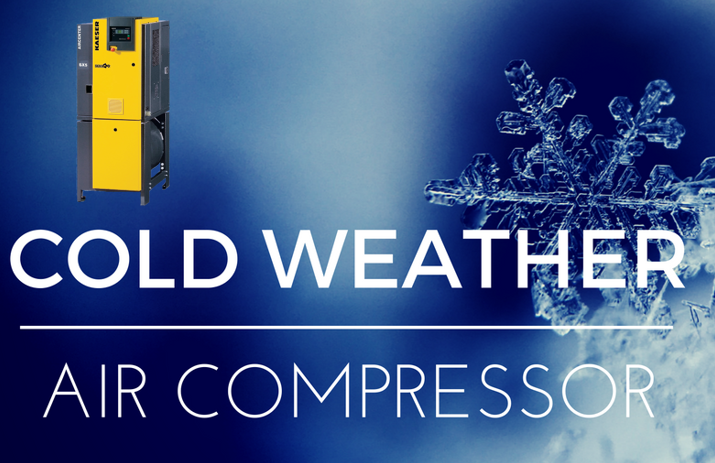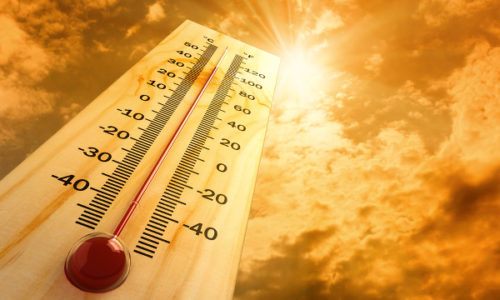Air Compressor – Cold Weather Techniques
Heading into winter, your compressed air system maintenance can be more complex in cold weather. Freezing temperatures can increase stress on your compressor, dryer, and other accessories. A great practice to adopt is keeping a preventative maintenance log for your machines and other equipment. The majority of air compressors are designed to operate in temperatures greater than 40-degree Fahrenheit. If your compressed air system is not in a temperature-controlled indoor environment, this could be causing damage to your machine.
- Use Synthetic Oil
If you have an older compressed air system that utilizes summer weight oil, consider changing to a full synthetic or blended synthetic air compressor. Full synthetic oil maintains proper viscosity in a greater temperature range which reduces wear-and-tear. As an additional bonus, you can go longer between oil changes which reduces downtime.
- Clean Your Air Compressors Exterior
Keeping the outside of your compressor clean will help prevent corrosion and make it easier to spot oil leaks. It also makes it easier to examine all of the air compressor’s components for safety concerns, as well as wear-and-tear. Fall is the best time to wash off spring and summer’s debris that might have accumulated. Along with the exterior, check the feet of the compressor, but worn or damaged feet can cause unnecessary vibration, which could lead to additional issues.
- Check Your Air Dryers
In variable weather conditions, dryers should be checked to see if moisture hasn’t frozen within the heat exchanger, causing any blockages. The drain valve can also freeze open or closed in colder temperatures. This can block condensate from draining, which prevents moisture from escaping.
- Weatherproof the Compressor Room
Consider installing heating or proper ventilation methods to level out compressed air system temperatures. Keeping your compressor room around 45 degrees or warmer will significantly assist in keeping your system running. Installing heating and insulation around pipes will reduce the risk of freezing.
Additionally, you can direct the exhaust from your coolers into your building to help warm your spaces with the heat generated from the compressors during winter and will save you tremendously on your heating expenses.
Don’t forget to examine your air compressor and all your components and accessories for moisture and ice buildup during cold temperatures. Need assistance, have questions about weather prepping and compressor air systems? Contact us to learn more and schedule an appointment with one of our knowledgeable technicians at (800) 247-2959




